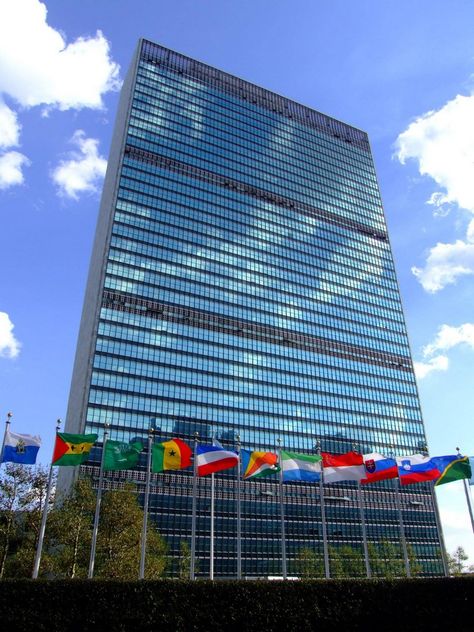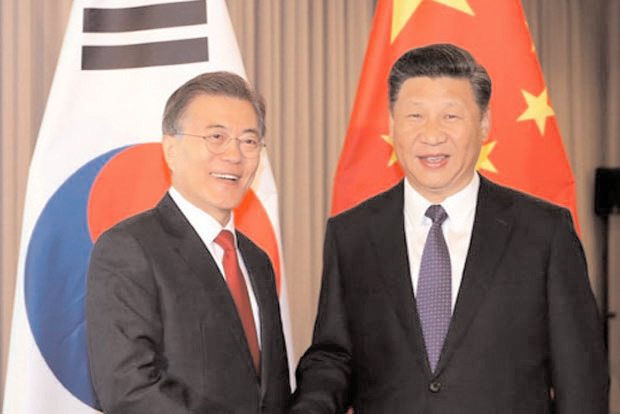
Scientists and tech industry leaders issued a new warning Tuesday about the perils that artificial intelligence poses to humankind. “Mitigating the risk of extinction from AI should be a global priority alongside other societal-scale risks such as pandemics and nuclear war,” said the statement posted online. Sam Altman, CEO of ChatGPT maker OpenAI, and Geoffrey Hinton, a computer scientist known as the godfather of artificial intelligence, were among the hundreds of leading figures who signed the statement, which was posted on the Center for AI Safety’s website.
Worries about artificial intelligence systems outsmarting humans and running wild have intensified with the rise of a new generation of highly capable AI chatbots such as ChatGPT. More than 1,000 researchers and technologists, including Elon Musk, signed a letter earlier this year calling for a six-month pause on AI development because, they said, it poses “profound risks to society and humanity.” Countries around the world are scrambling to come up with regulations for the developing technology, with the European Union blazing the trail with its AI Act expected to be approved later this year.
‘Fracturing reality’
Many other experts similarly believe that fears of AI wiping out humanity are unrealistic, and a distraction from issues such as bias in systems that are already a problem. Arvind Narayanan, a computer scientist at Princeton University, has previously told the BBC that sci-fi-like disaster scenarios are unrealistic: “Current AI is nowhere near capable enough for these risks to materialise. As a result, it’s distracted attention away from the near-term harms of AI”. Oxford’s Institute for Ethics in AI senior research associate Elizabeth Renieris told BBC News she worried more about risks closer to the present.
“Advancements in AI will magnify the scale of automated decision-making that is biased, discriminatory, exclusionary or otherwise unfair while also being inscrutable and incontestable,” she said. They would “drive an exponential increase in the volume and spread of misinformation, thereby fracturing reality and eroding the public trust, and drive further inequality, particularly for those who remain on the wrong side of the digital divide”. Many AI tools essentially “free ride” on the “whole of human experience to date”, Ms Renieris said. Many are trained on human-created content, text, art and music they can then imitate – and their creators “have effectively transferred tremendous wealth and power from the public sphere to a small handful of private entities”.
But Centre for AI Safety director Dan Hendrycks told BBC News future risks and present concerns “shouldn’t be viewed antagonistically”.
“Addressing some of the issues today can be useful for addressing many of the later risks tomorrow,” he said.
Superintelligence efforts
Media coverage of the supposed “existential” threat from AI has snowballed since March 2023 when experts, including Tesla boss Elon Musk, signed an open letter urging a halt to the development of the next generation of AI technology. That letter asked if we should “develop non-human minds that might eventually outnumber, outsmart, obsolete and replace us”.
In contrast, the new campaign has a very short statement, designed to “open up discussion”.
The statement compares the risk to that posed by nuclear war. In a blog post OpenAI recently suggested superintelligence might be regulated in a similar way to nuclear energy: “We are likely to eventually need something like an IAEA [International Atomic Energy Agency] for superintelligence efforts” the firm wrote.





Be the first to comment